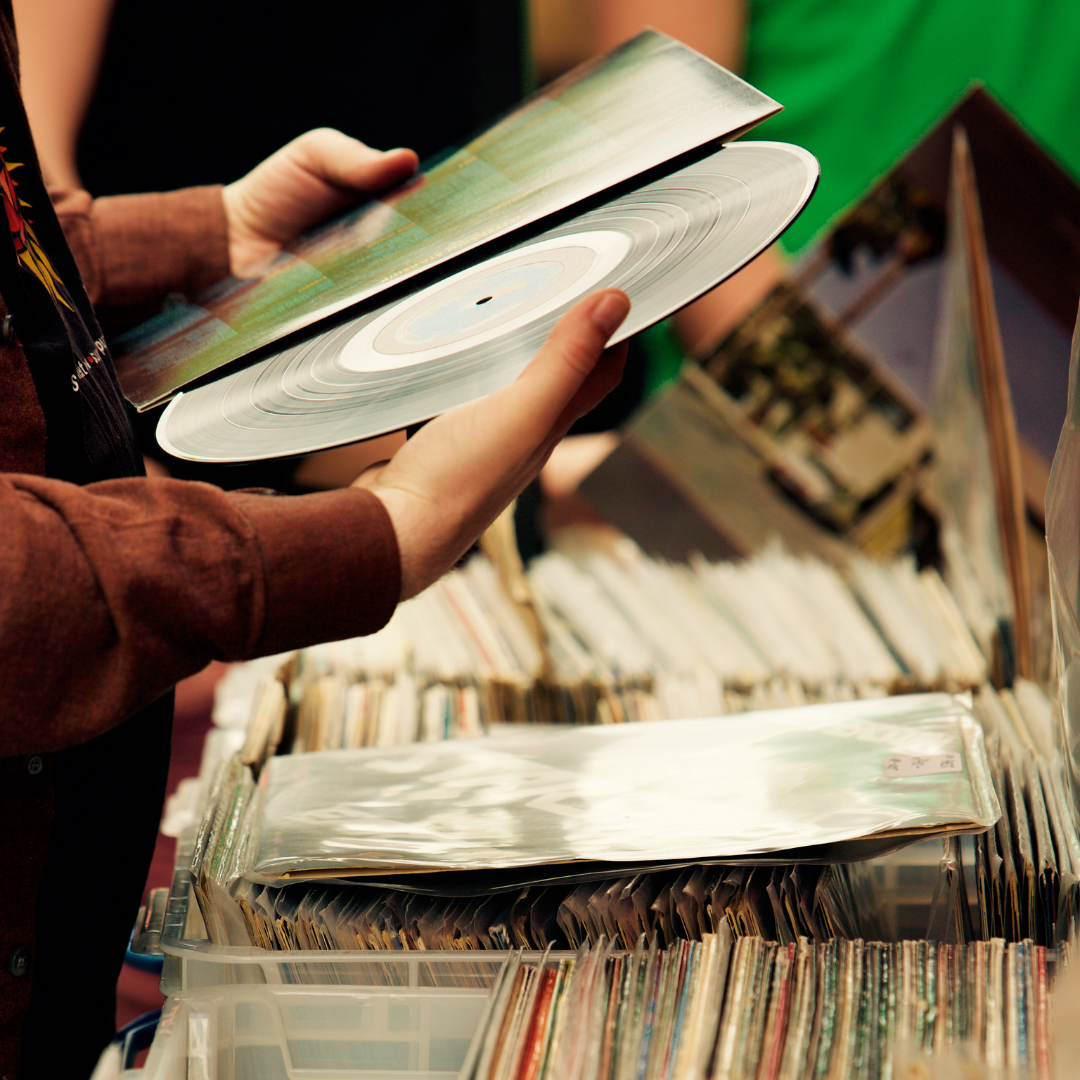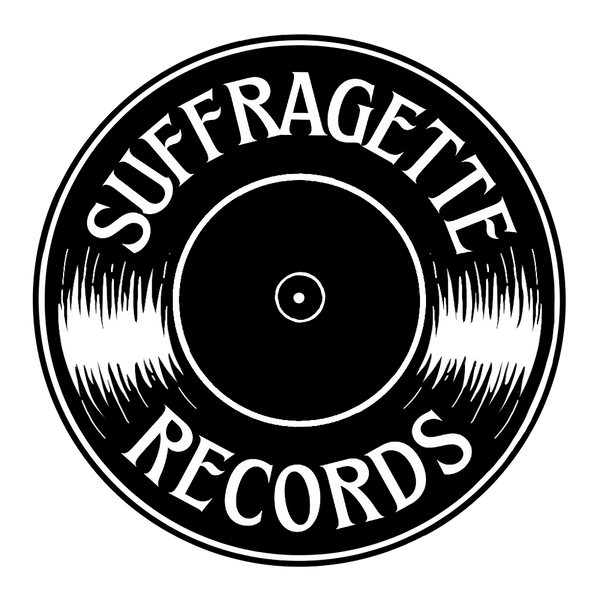We do our best to avoid or minimise unnecessary waste and carbon emissions in all aspects of our business. As a family, we have been living waste-free since 2015. So, we are all acutely aware of waste and the potential environmental impacts of our actions, and always take steps to create a positive impact, wherever possible. We are conscious that aspects of the music retail industry can be wasteful, but we also believe in embracing solutions that help people access music in a less wasteful way, thus having a positive impact on the industry.
We also understand the importance and potential of art (including music) to help create great social change. This must be considered in balance with the consumption and production of products. With that in mind, here are some of the principles that we adopt when it comes to buying and selling vinyl records:
Minimise the ecological footprint
Online music streaming is currently the most popular way that people absorb music. Although it might seem that listening online (rather than purchasing a physical product), is gentler on the environment, the volume of media we're listening to results in a startling amount of energy consumption and green house gas production. Streaming music for 17 hours will have a greater carbon footprint than that of a new vinyl record. The impact of a pre-loved record is much lower. This tells us that from an environmental perspective, if you're listening to a lot of music, it makes more sense to buy your favourite albums in physical format such as a vinyl record, than to stream them online. Even better if you can find them second-hand. There are innovations being made within the industry to update equipment, to reduce the use of plastics, or to use recycled plastics to make new records. We're watching keenly, and enthusiastically support these advancements.
Offset greenhouse gas emissions
To counter the greenhouse emissions that arise from the production of new records, and from the transport of new (and used) records, we offset emissions from new records. We also offset delivery and work with carbon neutral shipping companies. We understand the limitations of offsetting approaches and we will continue to search for better solutions for this.
Favour preloved
Our preference is to stock secondhand vinyl records and cassettes, where possible, rather than to exclusively sell new releases. However, some titles (especially newer releases) are almost exclusively available new, and so we do stock new vinyl as part of celebrating and supporting new music, and the artists who make it, who earn a much smaller profit from streaming platforms. We also will occasionally stock “new” reissues of old classics, especially if they are otherwise hard to find secondhand. It will be clear at the time off purchase whether your record is new or pre-loved. And of course, if there's a record in your collection that you no longer want, we'd be happy to buy it and find it a forever home, for you. Any technology and furniture we use in our physical store is handmade or pre-loved, where possible. This is part of our family's commitment to living a waste-free, climate-positive lifestyle.
Promote the heirloom value of vinyl records
We are conscious of the emissions caused by stocking and selling new vinyl records. We take responsibility to stock only those records that we love or that we think you will love. We see “new” records as heirloom items that can last for decades and be appreciated by multiple generations, if well cared for.
Minimise single-use plastic
Single-use plastic is common in the packaging and shipping of almost all goods. We want to minimise the amount we receive, and so we make efforts to communicate with our suppliers to minimise their unnecessary use of plastic tape and packaging. Any plastic packaging that we do receive (e.g. bubble wrap) will be reused. Any waste plastics that we accrue (e.g. old or damaged plastic sleeves on secondhand records) will be recycled or disposed of appropriately. Cardboard we receive is reused or used for mulch in our own home garden.
We have more control over the type of packaging that we send to customers. The LP mailers that we use to post online orders are made of cardboard and can be reused (by you), or composted. Any tape we use is compostable paper tape.
We offer email-only receipts for our products, to avoid the need for non-recyclable “paper” receipts.
Your pre-loved vinyl will come in a clear, heavy-duty, plastic outer sleeve. Seriously damaged or missing inner sleeves will be replaced with poly-lined paper sleeves. These are are not intended to be single-use plastic, but are intended to provide long-term archival protection for your records, so they last a lifetime.

